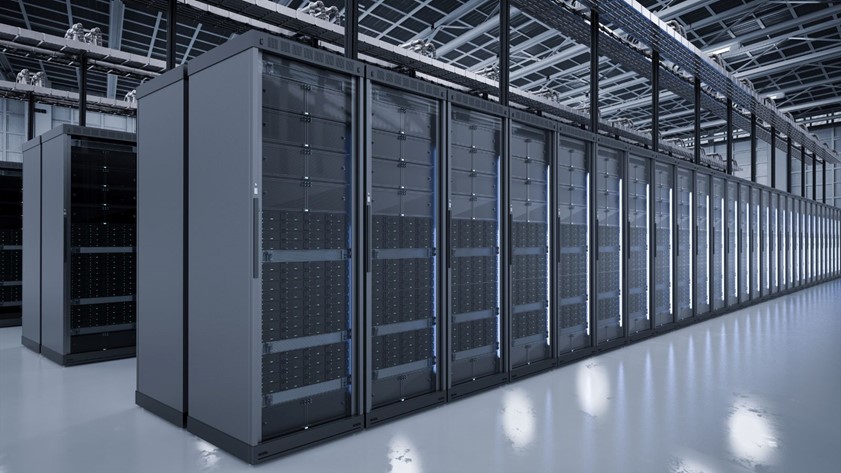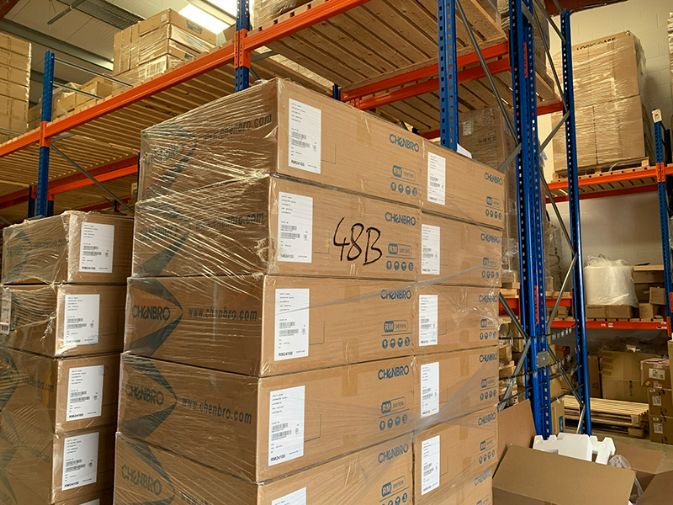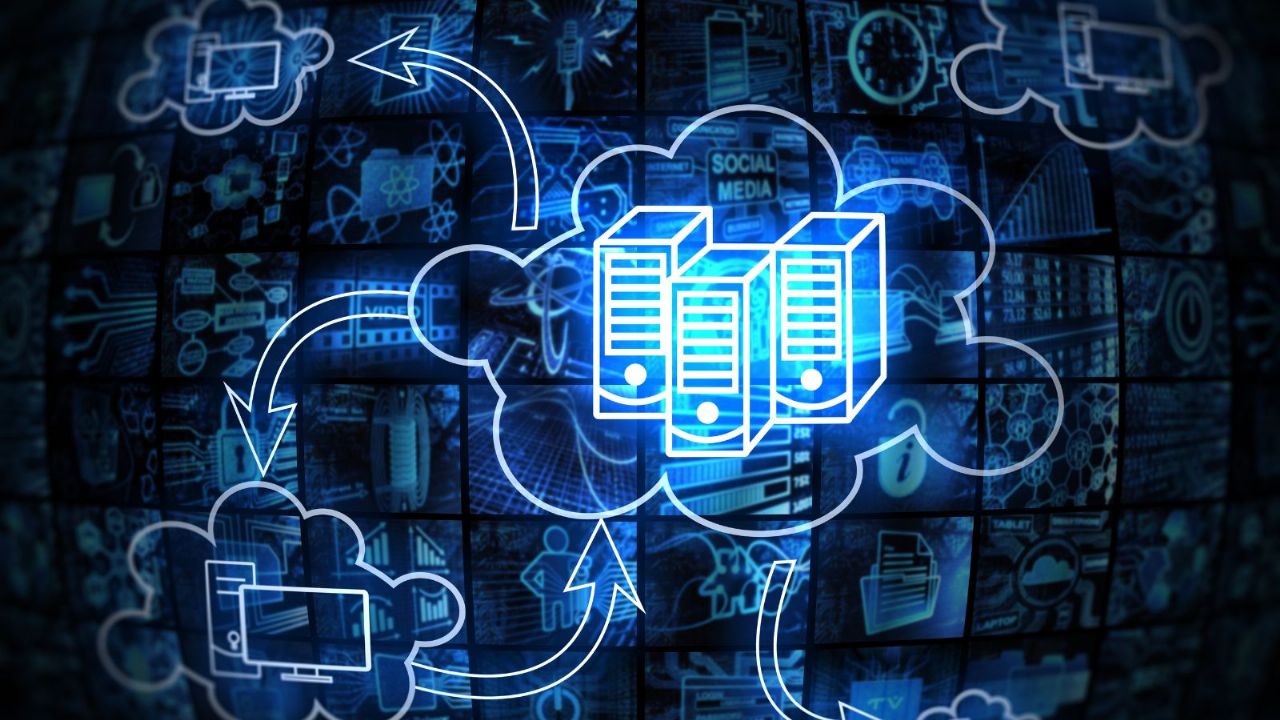Server Store has taken Server Case's best-selling products and turned them in to easily configurable solutions tailor-made to your expectations.
A server is a computer device that provides a service to other computer programs and its user. In a data centre, the physical computer that a server program runs on is often referred to as a server. This machine can be either a dedicated server or used for other purposes. In a client/server programming model, the server program waits for and fulfils requests from client programs that may be running on the same, or different computers.
A server can be a physical machine that is used to provide services to other machines on a network. Servers can also be virtual machines that run on a physical machine. Servers can also be software that is running on a machine and providing services to other machines. The way that a server works can vary considerably depending on how the word server is being used.
A server requires two software components in order to run: an operating system and an application. The operating system provides the necessary platform for running the server application and also offers access to the underlying hardware resources. It also provides the dependency services that the application may require. Additionally, the operating system allows clients to communicate with the server application. For example, the server's IP address and fully qualified domain name are both assigned at the operating system level.
The types of servers:
- Web server
- Proxy server
- Mail server
- Application server
- File server
- Database server
- Print server
- Blade server
- Virtual server
- Policy server
The difference between desktop computers and servers
There are both similarities and differences between desktop computers and servers. Most servers are based on X86/X64 CPUs and can run the same code as an X86/X64 desktop computer. Unlike most desktop computers, however, physical servers often include multiple CPU sockets and error correcting memory.
Servers also generally support a far greater quantity of memory than most desktop computers. Because server hardware typically runs mission-critical workloads, server hardware manufacturers design servers to support redundant components. A server might be equipped with redundant power supplies and redundant network interfaces. These redundant components allow a server to continue to function even if a key component fails.

Server hardware also differs from desktop hardware in terms of its form factor. Modern desktop computers often exist as mini towers, designed to be placed under a desk. Although there are still some vendors that offer tower servers, most servers are designed to be rack mounted. These rack mount systems are described as having a 1U, 2U or 4U form factor, depending on how much rack space they occupy.
A desktop computer and a server typically have different operating systems. A desktop operating system, like Windows 10or 11, is not licensed to act as a server operating system. Windows Server, which is designed for running production virtual servers, includes features that aren't found in the Windows 11 version. For example, Windows Server supports failover clustering and virtual machine replication.
Similarly, Windows 11 can make files available to devices on a local network, but it was never designed for large-scale file sharing. In large organizations, a distributed file system can be created across an entire server farm for the purpose of providing better performance, scalability and resiliency than what one physical server would be able to provide by itself.
What do the Server Group do?
The Server Group encompasses everything Server related with our specialist brands taking care of products for different types of marketplace. Our Group has two core brands, Server Case and Server Store.
Server Case is an online commerce platform where you can find chassis, barebones, power supplies and accessories around the clock. This arm of the business handles all aspects of server room metal work and you are likely to be involved in the IT Channel as a reseller, MSP or System Integrator.


















